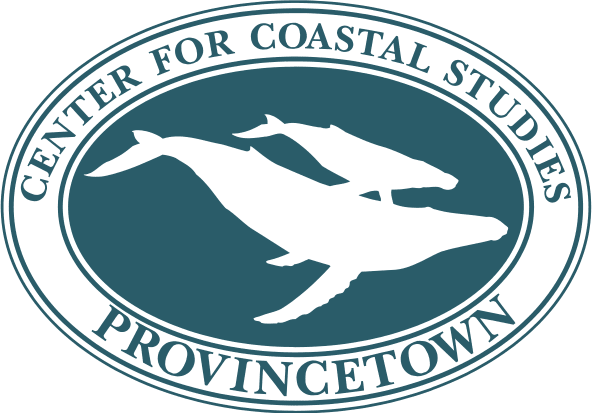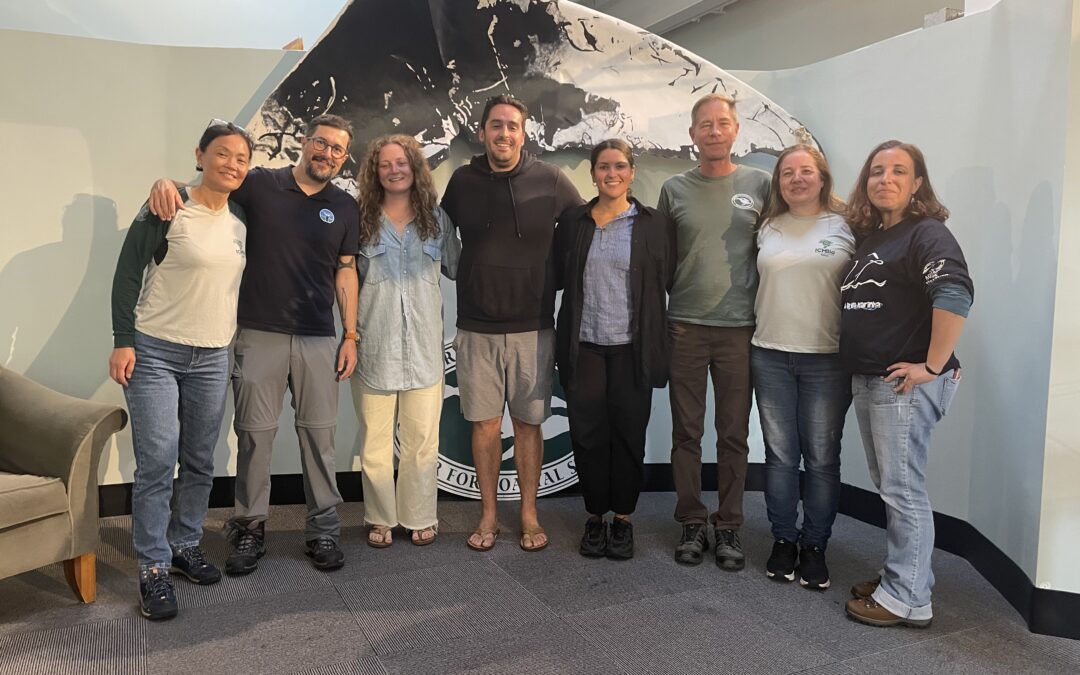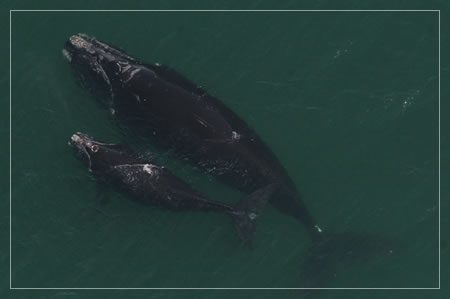Earlier this month, the Center welcomed four colleagues from government agencies and NGO’s from Brazil for entanglement response training. Among the participating agencies were the Instituto Chico Mendes de Conservação da Biodiversidade, Instituto Argonauta para Conservação Costeira e Marinha, and VIVA Instituto Verde Azul. This entanglement response apprenticeship was held under the auspices of the International Whaling Commission’s Global Whale Entanglement Response Network (GWERN), as part of ongoing efforts to increase disentanglement capacity.
Since 1984, the Center for Coastal Studies has freed more than 200 whales and other marine animals from life-threatening entanglements. In doing so, over the years, the Center has developed specialized techniques and protocols. The Center is sharing that know-how with conservationists around the world.
The training was led by CCS staff members including David Mattila, Coordinator of the GWERN. The network is an international effort designed to train responders around the world. To-date it has trained more than 1300 people from about 40 countries.
Training was conducted at the Center’s Hiebert Lab in Provincetown and at sea aboard the MAER vessel Ibis. Over the course of 14 days, participants learned the techniques and safety protocols developed for disentangling whales. These techniques were practiced through simulated exercises at sea.
Fábia Luna, of the Instituto Chico Mendes de Conservação da Biodiversidade, said everyone learned a lot during their time here. The training, she explained, will allow her and her colleagues to expand the disentanglement network in Brazil, and to train others as they have been trained. She also looks forward to applying the same safety protocols they learned.
Commenting on the diverse topics covered in her training, Fábia said they also learned how to better organize a regional network, as well as how to implement best practices for photography and websites. Based on what they learned here, she plans to implement photo permit rules similar to those used in the US. Such a move, she said, will help educate the public about the need to maintain safe distances from whales.
“We can train more people and teach the general public how to help by collecting data and reporting entanglements,” she added.
Disentangling whales is challenging and difficult, and often involves complex tangles and whales that are in distress. Boat handling, navigation, and communication skills as well as an understanding of sea and weather conditions and navigation are required to allow for informed decision-making.
Márcio Motta, from VIVA Instituto Verde Azul, a relatively new participant in the Brazilian entanglement response network, said “this training helped me to understand all the protocols related to human safety and whale safety, I learned a lot about disentanglement and how to organize such efforts.” Márcio praised the patience shown to him as he trained. Of the entire experience, Márcio said two moments stood out. One was disentangling a leatherback turtle, and the second was partially disentangling a humpback whale calf. “For me it was amazing,” he said.
Carla Beatriz Barbosa, from the Instituto Argonauta para Conservação Costeira e Marinha, looks forward to adapting what they observed here to disentanglement operations in Brazil. She was particularly impressed by the way the MAER team worked together and communicated with one another.
The visit was also an opportunity for the Brazilian contingent to share information about conservation efforts in Brazil, and to learn more about research being conducted at the Center for Coastal Studies.
Scott Landry, director of Marine Animal Entanglement Response, said “working with these four colleagues was truly inspiring and gave our entire team a boost as we come out of an especially difficult year of disentanglement. They were a blast to work with.”



